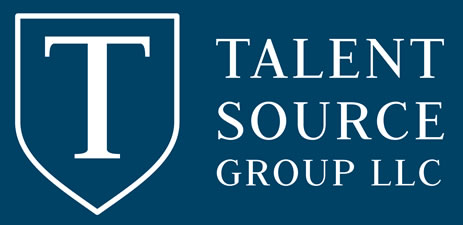Two years ago, the Financial Accounting Standards Board decided to defer the effective date of the revenue recognition standard for a year until Dec. 15, 2017 for public companies to give them more time to adjust to the new standard and to work out some kinks in the far-reaching rules. The deferred effective date arrived Friday, and many companies still aren’t ready.
Deloitte recently analyzed a random sample of third-quarter filings by Fortune 1000 companies to see how implementation of the new standard is progressing. The analysis found that only 15 percent of companies had disclosed they were substantially complete with their implementation activities, but that was a slight improvement from the 10 percent who disclosed in the second quarter they were substantially complete.
“We found that really only 15 percent of the companies that we analyzed in our sample population indicated in their disclosures that they were substantially complete,” said Eric Knachel, senior consultation partner with Deloitte’s national office. “If only 15 percent say they’re substantially complete, obviously that means that 85 percent are not.”
Companies will still have until next year to actually file their financial statements, so they don’t have to be all ready to go as of Friday. But they at least need to be disclosing to investors where they are in the process. Those disclosures do provide some level of comfort.
“What’s interesting is that we’ve been monitoring the interim disclosures, and I would say at a high level what we’re seeing is that companies are making progress with their readiness,” said Knachel. “But I think it’s one of those situations where you can choose to see the glass half full or half empty. By that, I mean that slightly half of the companies in our analysis indicate that the impact is not material, and another 10 percent has quantified the impact of the transition to the new standard. But the flip side is that almost 40 percent of the companies we’ve surveyed have not quantified the impact or given any indication of whether the impact will be material or not. That’s a big number.”
Companies have been dragging their heels on getting ready for the new standard, even as the effective date approached and FASB and the Securities and Exchange Commission sounded warnings. According to FASB, public organizations should apply the new revenue standard to annual reporting periods beginning after Dec. 15, 2017. Nonpublic organizations, such as privately held businesses, are supposed to apply the new revenue standard to interim reporting periods within annual reporting periods beginning after Dec. 15, 2019. The term “public organization” applies, though, not only to publicly traded companies, but also to not-for-profit organizations that have issued, or are a conduit bond obligor for, securities that are traded, listed or quoted on an exchange or an over-the-counter market. It also applies to an employee benefit plan that files or furnishes financial statements with or to the SEC.
“It’s amazing how long it took many public companies to really start focusing on it,” said Chris Mann, managing partner of MorganFranklin Consulting. “But we’re in the back stretch right now for companies as we get in to the end of the year. I think we’re starting to turn our focus from a marketing standpoint towards that set of private companies that now are going to have the benefit of their public company brethren having implemented a year in advance. We are continuing to support our clients and I think our clients are getting better and more effective at understanding the different revenue streams that they have to analyze and support. But I still think all the additional disclosure requirements are still creating problems for our clients.”
Auditors are being urged to keep a close eye on how their clients are adjusting to the new standard. “The interesting thing for me is going to be that now they’ll go through their first audit cycle,” said Mann. “While the auditors have been involved in some of the planning discussions and certainly in most cases have been getting comfortable with the approach companies are taking, I think the devil will be in the details as companies get into their audit processes. I think you’ll see relatively quickly whether or not companies have hit the mark or missed the mark, and we’ll have to see what unravels from that. But certainly it was a big benefit for private companies to have that extra year so they have the benefit of what went well and what didn’t go well for those public companies that had to implement by the end of this year.”
Many companies are still hard at work on their disclosures around the new standard. “Generally speaking one of the large areas of work that is open is around disclosures,” said Knachel. “Previously it’s been documented that the new standard emphasizes the magnitude and complexity of the disclosures under the new standard. I’ve observed that the disclosure requirements are in some ways a new and separate work stream by itself. In other words, it’s not simply a matter of disclosing information that you already have because you applied the standard, but rather there’s additional information that needs to be provided, data that needs to be obtained, and that can be a separate work stream unto itself.”
